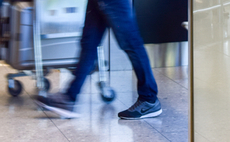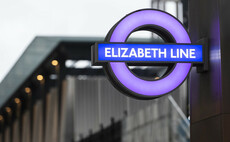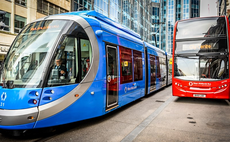Network Rail IT flaws put signal equipment at risk of obsolescence
Electronic signalling equipment on the West Coast Main Line could become obsolete before its planned renewal because of flaws in Network Rail’s technology systems. A National Audit Office (NAO...
To continue reading this article...
Join Computing
- Unlimited access to real-time news, analysis and opinion from the technology industry
- Receive important and breaking news in our daily newsletter
- Be the first to hear about our events and awards programmes
- Join live member only interviews with IT leaders at the ‘IT Lounge’; your chance to ask your burning tech questions and have them answered
- Access to the Computing Delta hub providing market intelligence and research
- Receive our members-only newsletter with exclusive opinion pieces from senior IT Leaders




















